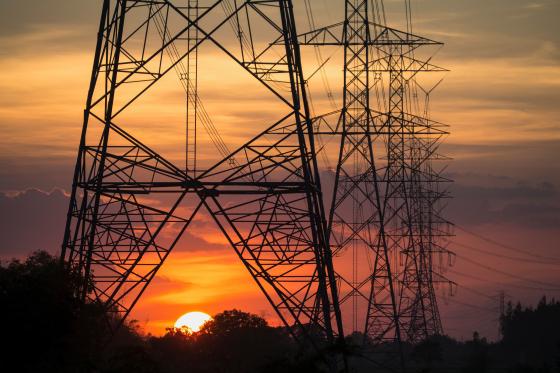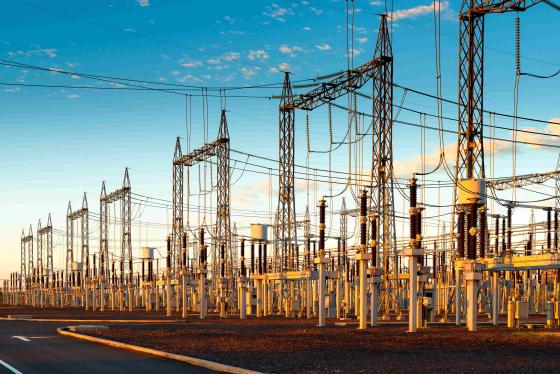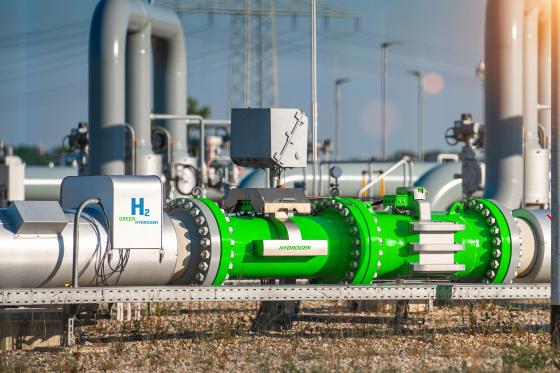PCI selection
PCI selection

The Regulation on guidelines for trans-European energy infrastructure (‘TEN-E Regulation’) was first introduced in 2013 to facilitate the development of the European energy networks. The Regulation was revised in 2022 to provide a legislative framework fit to address the goals set by the European Green Deal.
The Regulation introduces the concept of projects of common interest (PCIs) and projects of mutual interest (PMI). These are key infrastructure projects with cross-border impact that significantly enhance the links among the energy systems of EU countries (and third-party countries in the case of PMIs) and benefit from accelerated permitting procedures and funding as they are identified as key contributors to achieving the EU’s energy and climate objectives.
PCI selection
Selection criteria

In order for a project to be selected as a PCI, it must:
-
be necessary for one of the priority corridors (trans-European energy infrastructure at specific geographical areas) set in the TEN-E Regulation;
-
be a cross-border interconnector or have a significant impact on EU countries; and
-
bring important benefits to sustainability, market integration, and EU’s energy security of supply which outweigh its costs.
In order for a project to be selected as a PMI, it must:
-
be located on the territory of at least one EU country and on the territory of at least one third country;
-
contribute to increase Europe’s sustainability, market integration, and energy security of supply; and
-
impact a third country in deploying its energy transition.
The selection criteria are set out by in TEN-E Regulation and their assessment is based on the data and the analyses outlined in the Ten-Year Network Development Plans (TYNDP), which are provided by ENTSO-E and ENTSOG.
PCI selection
What's the role of ACER?

Under the TEN-E Regulation, ACER:
-
provides inputs to the regional groups during the assessment of candidate projects, in coordination with National Regulatory Authorities (NRAs) and
-
assesses the draft regional lists and provides an Opinion on whether the selection criteria and the cost-benefit analysis (CBA) have been applied consistently across regions.
ACER has released its Opinions on each of the Commission’s biennial Regional PCI lists since their establishment in 2013: one on the proposed gas PCIs and one on the proposed electricity PCIs. Since the introduction of the revised TEN-E Regulation (2022), ACER’s Opinions address proposed hydrogen and electricity PCIs and PMIs.
ACER also actively participates in the selection process by providing views, remarks, and analyses either to the regional groups or within the framework of the Cooperation Platform (an informal working group comprising representatives of ACER, the Commission, and the ENTSOs, established to discuss and resolve issues connected with the PCIs selection).
PCI selection
What does ACER say?
In September 2023, ACER provided its Opinion on the European Commission’s draft regional list of proposed PCIs and PMIs, addressing hydrogen and electricity infrastructure projects respectively.
For the first time, hydrogen infrastructure projects are included as an eligible PCIs/PMIs category.
What are ACER’s recommendations?
In both its Opinions, ACER identifies three areas for improvement:
-
reconsidering how infrastructure needs are identified;
-
improving the effectiveness of the selection methodology; and
-
ensuring greater transparency in the selection process and in applying the methodology.
In the case of hydrogen PCIs/PMIs, ACER acknowledges the complexity and recommends these enhancements for the next selection process (expected in 2025).
In both cases, ACER concludes that it is unable to assess the consistent application of the TEN-E Regulation selection criteria and the cost-benefit analysis across the candidate projects.


